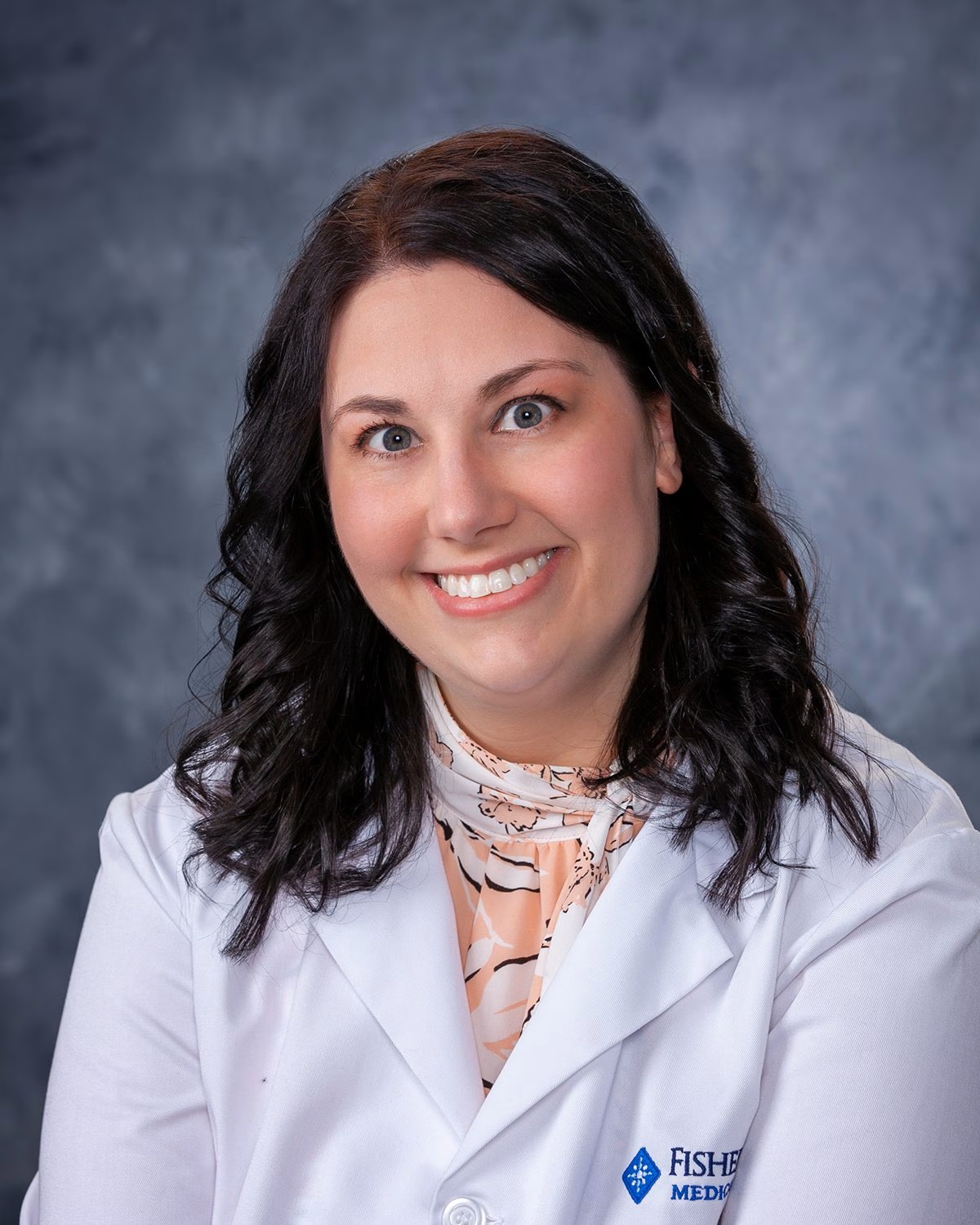By: Karla Meisner, RT(R)(MR), Director, Imaging Services & Connie Hernandez, RT(R)(M), Mammography Technologist II
If you are a woman over age 40 you are probably very familiar with the word “mammogram.” But, if you’re not, you may have heard the word without knowing what it’s all about. Either way, mammograms are important for everyone, especially women, to understand. This breast cancer awareness month, familiarize yourself with screening mammograms and talk to your doctor to see if it’s time for you to get one.
What are Mammograms?
Mammography is imaging of the breast tissue designed to detect tumors and other abnormalities. There are two purposes for a woman getting a mammogram: screening or diagnostic.
A screening mammogram is used in the early detection of breast abnormalities in women that have no symptoms. The goal is to detect breast cancer before there are any noticeable signs. When detected early, breast cancer is 99-100 percent curable within 5 years of diagnosis.
You will usually receive results within a few weeks. If your screening mammogram comes back normal, you will continue to get regular mammograms. This will allow your doctor to compare them as time goes on and look for subtle changes in your breast tissue.
If your mammogram is “abnormal” that does not necessarily mean you have cancer. Your doctor will likely recommend additional mammograms, tests, and exams to help determine what may be going on. They may also refer you to a specialist or surgeon, not because you have cancer or need surgery, but because they are experts in diagnosing breast problems.
The other purpose of a mammogram is to diagnose a breast change such as a new breast lump, breast pain, and unusual skin appearance, nipple thickening, or nipple discharge.
Who Should Get a Mammogram?
While guidelines for starting regular mammograms vary, most experts agree that women with average risk can choose to be screened starting at age 40. Many women begin them at age 40 and continue having them every year or every two years.
Women with a higher risk of breast cancer may benefit from starting screening mammograms before age 40. Risk factors such as family history of breast cancer or precancerous breast lesions may indicate a benefit to getting screening mammograms earlier. If you have an increased risk for breast cancer, your doctor may recommend breast MRIs in addition to screening mammograms.
Have a conversation with your doctor about your own risk factors, your preference, and the benefits and risks of screening. Together you can decide the screening mammography schedule that is best for you. You should also check with your insurance provider to determine your coverage for screening mammograms.
What to Expect
When you arrive for your regular screening mammogram, you will be asked to remove your shirt and put on a gown that opens at the front. You will stand in front of a special X-ray machine and the technologist will place your breast on the plate. Another plate will move down from above and compress the breast, holding it still while the image is taken. You will feel some pressure in the breast and it may be uncomfortable for a few seconds. These steps will be repeated to take a side image and images of the opposite breast.
After all four images have been taken, you will wait while the technologist checks them to make sure they don’t need to be re-taken. Remember, the technologist cannot tell you your results so they will be sent to your doctor who will review them and call you.
Mammograms at Fisher-Titus
Fisher-Titus offers 3-D mammography and curved paddles for increased patient comfort. To schedule your mammogram, call the Fisher-Titus Imaging department at 419-663-1975 ext. 6205.
In honor of breast cancer awareness month, Fisher-Titus is offering walk-in mammograms throughout October. During these designated times, patients can walk in through the emergency entrance, let admitting know they are there for a walk-in mammogram, and have their screening mammogram done at that time. Walk-in mammograms will be offered:
- Wednesdays from 8:30 a.m.-4:30 p.m.
- Saturday, October 8 and Saturday, October 22 from 7-10:30 a.m.
It can be scary to think about breast cancer, but a regular screening mammogram can be your best defense, and learning more about mammograms can help ease your fears.
Karla Meisner is the Director of Imaging Services at Fisher-Titus and Connie Hernandez is the lead mammography tech. Fisher-Titus offers 3-D mammography and curved paddles. We also offer Breast MRI services should you need further breast imaging. Talk to your doctor to see if you should be getting a regular screening mammogram.

